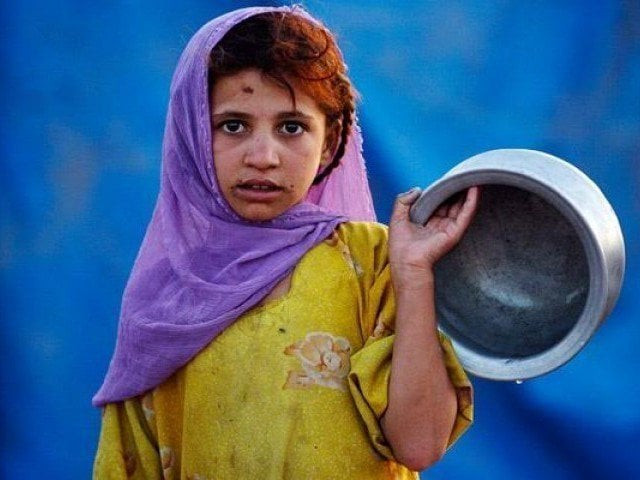K-P’s new voucher scheme targets out-of-school children
Parents can now enrol students in nearby private schools if govt facilities are too far

Parents can now enrol students in nearby private schools if govt facilities are too far. PHOTO: EXPRESS
Enrollment of the girls from Musazai Union Council in Peshawar, would not have been possible but for a new programme introduced by the Khyber-Pakhtunkhwa (K-P) government, the Iqra Farogh-e-Taleem Education Scheme, under Article 25-A of the Constitution. The programme provides vouchers to parents of out-of-school children to not only get their children enrolled in nearby private schools – if government schools are too far – but also provides free books and uniforms.
20 schools to be set up for out-of-school children
Under the voucher scheme, Rs500 million have been allocated to draw out-of-school children back to school. The government has also tried to address the gender imbalance by ensuring half of the beneficiaries are girls.
The K-P government has plans to substantially increase these numbers in the coming year since the province has an estimated million children out of school.
The girls trotted off to school just as the top education officials from across the country gathered for an inter-provincial conference at a local hotel just across the city.
At the meeting, the entire cadre of Pakistan’s top brass educationists, provincial and federal education ministers met to discuss the education emergency in the country. They laid an emphasis on a unanimous strategy to bring children, much like Ayesha, Laiba and Tayyaba, into the education system.
Before the introduction of the voucher scheme, the three girls would probably have been working in the house or out in the fields.
Many parents do not send their children to school because the families are unconvinced of the value they would receive in terms of future earning prospects, the cost incurred in sending them to school and even the peril and sometimes the danger of sending children to school do not outweigh the benefits.
But by being able to attend schools regularly, they would not only gain an education but also cultivate both discipline and life skills.
When their textbooks and uniforms arrived, the girls said they felt was if they had just received a host of gifts – even though the government is under obligation to provide all students with books and uniforms.
Why 25 million children are out of school in Pakistan
The K-P government claims to be spending a significant amount of money on education programmes with results expected in the medium and long-term.
While reading and math proficiencies in Pakistan remain below the regional average, blended learning programmes and use of technology may just help them learn faster – bridging the gap.
Published in The Express Tribune, June 21st, 2017.













COMMENTS
Comments are moderated and generally will be posted if they are on-topic and not abusive.
For more information, please see our Comments FAQ